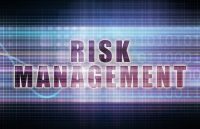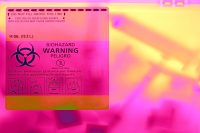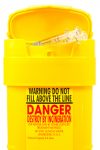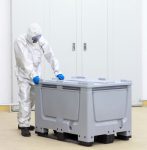RMP—What Happens When You Don’t Follow Your Plan
The U.S. Environmental Protection Agency (EPA) has been under pressure to update and better manage its Clean Air Act Risk Management Program and is moving ever closer to a proposed rule that will modify the program. The Agency continues to scrutinize facilities that are required to have risk management plans. Today we will review a […]










